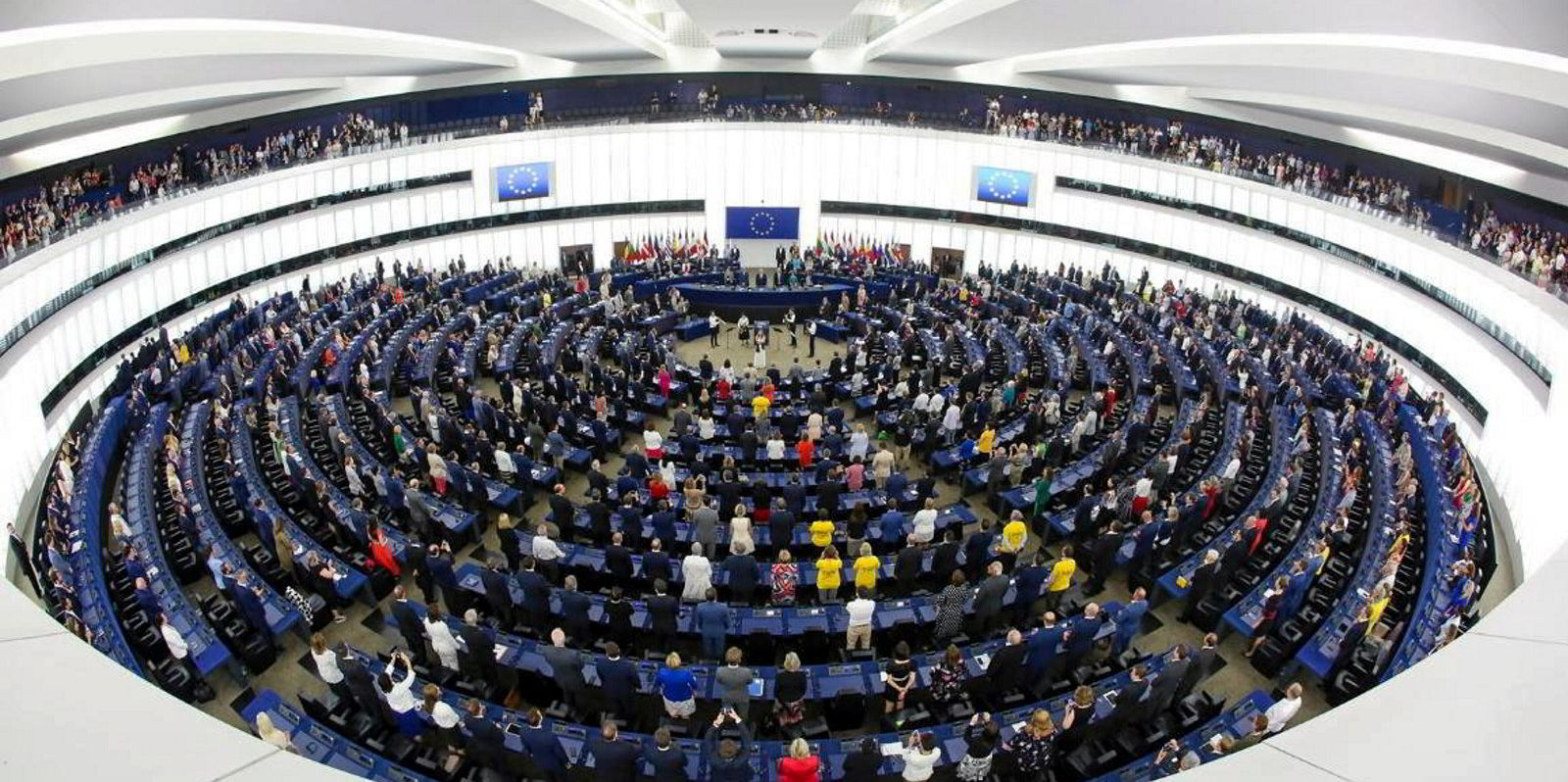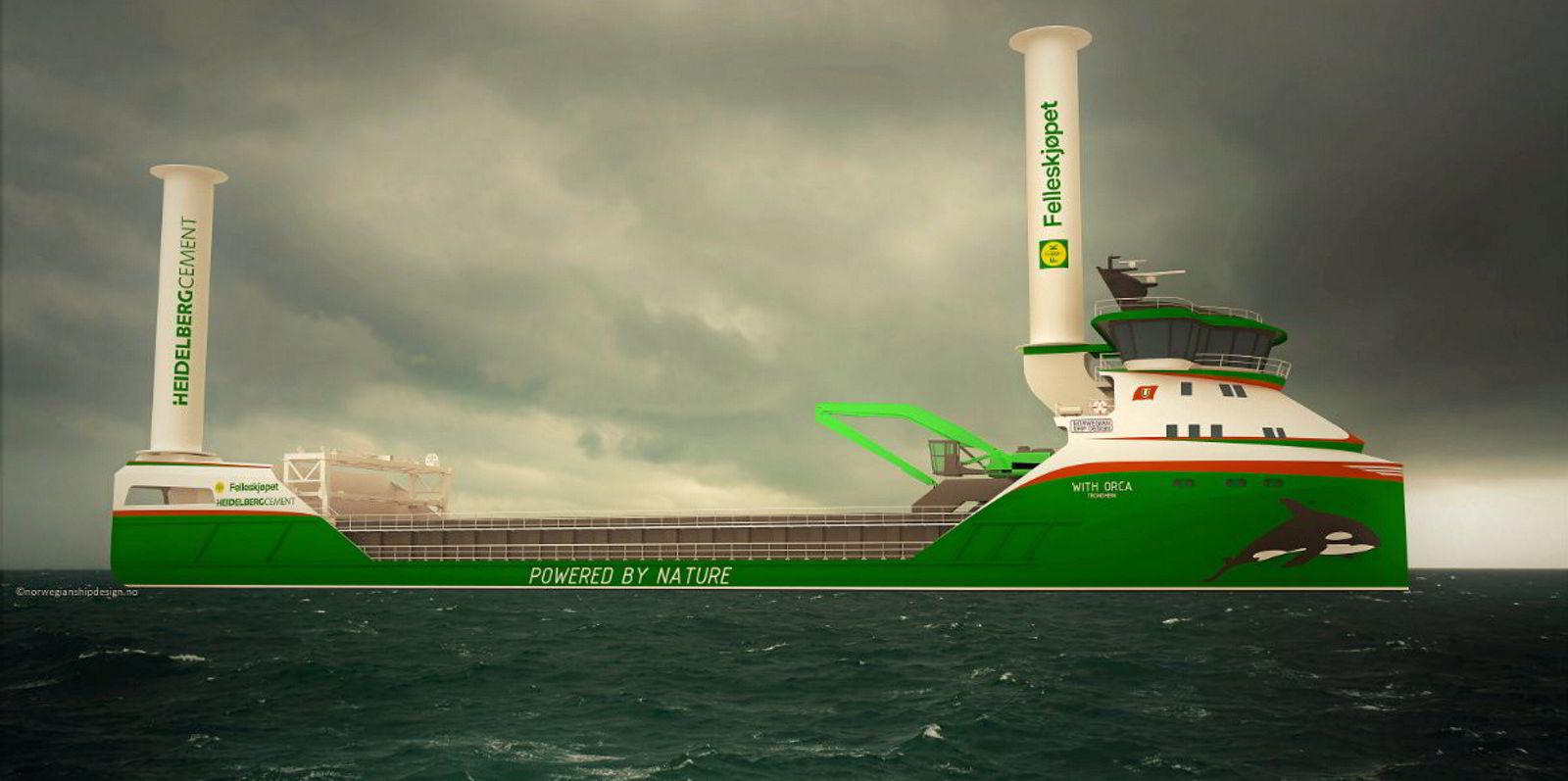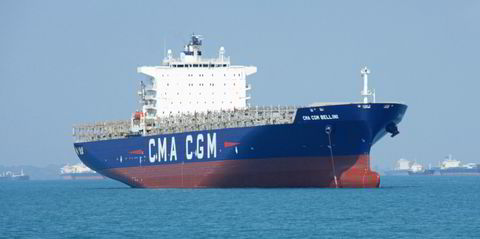European shipowners have welcomed the European Union Parliament’s approval of the Fit for 55 climate measures package, which includes adding shipping to the EU’s emissions trading system (ETS).
Large majority votes for the shipping elements were recorded at this week’s parliamentary environmental committee, ENVI.
The positive vote means ENVI proposals to the original European Commission plans will stand to regulate all emissions from voyages departing from and arriving at European ports and drop a four-year phase-in that had been recommended by the EC.
Members of the European Parliament are also likely to agree to ENVI proposals regulating all greenhouse gases from shipping, thereby including methane leaks from burning LNG in the next step when the measures to go to the European Parliament’s plenary meeting on 6 to 9 June.
The European Community Shipowners’ Association (ECSA) said it agreed with the parliament’s commitment to enforcing the ‘polluter-pays’ principle by ensuring the pass-through of ETS costs to the commercial operators of vessels and the proposal to create a dedicated fund that would earmark 75% of the revenues generated from shipping to its energy transition.
The parliament’s plenary vote will be followed by trilogue negotiations between the Council of the European Union, EC and parliament which will decide whether to further strengthen or weaken the measures.
It is likely the trilogue stage will not end until late this year or possibly early 2023, according to knowledgeable sources, who describe the talks as critical in determining whether the more ambitious proposals are maintained or dropped.
Environmental NGO Transport & Environment hailed the vote as paving the way for a climate-ambitious ETS that works for the shipping industry.
Jacob Armstrong, sustainable shipping officer for T&E, said: “The European Parliament plenary must now rubber-stamp this proposal as soon as possible so that shipping companies can begin to take advantage of the ETS revenues and the shipping sector embarks on its long-delayed voyage towards its decarbonised future.”
However, T&E warned that while the ETS will be important in internalising the external cost of shipping pollution, the price differential between conventional dirty fuels and clean alternative fuels will be too great to be covered by predicted carbon prices.
The organisation wants to see funds guaranteed for Carbon Contracts for Difference (CCfDs), which it has said would provide an effective subsidy instrument for zero-emission fuels.
Industry body Getting to Zero, an offshoot of the Global Maritime Forum, has also recently backed the use of CCfDs to subsidise the difference between fossil and green fuels.
ECSA secretary general Sotiris Raptis added: “A lot of work still needs to be done but the outcome of the vote today is a strong signal that the European policy-makers are keen to listen to the proposals of the shipping sector.”
The Fit for 55 package is part of the European Green Deal, whereby the EU has set a binding target of achieving climate neutrality by 2050, including an interim goal to cut emissions by at least 55% by 2030.






